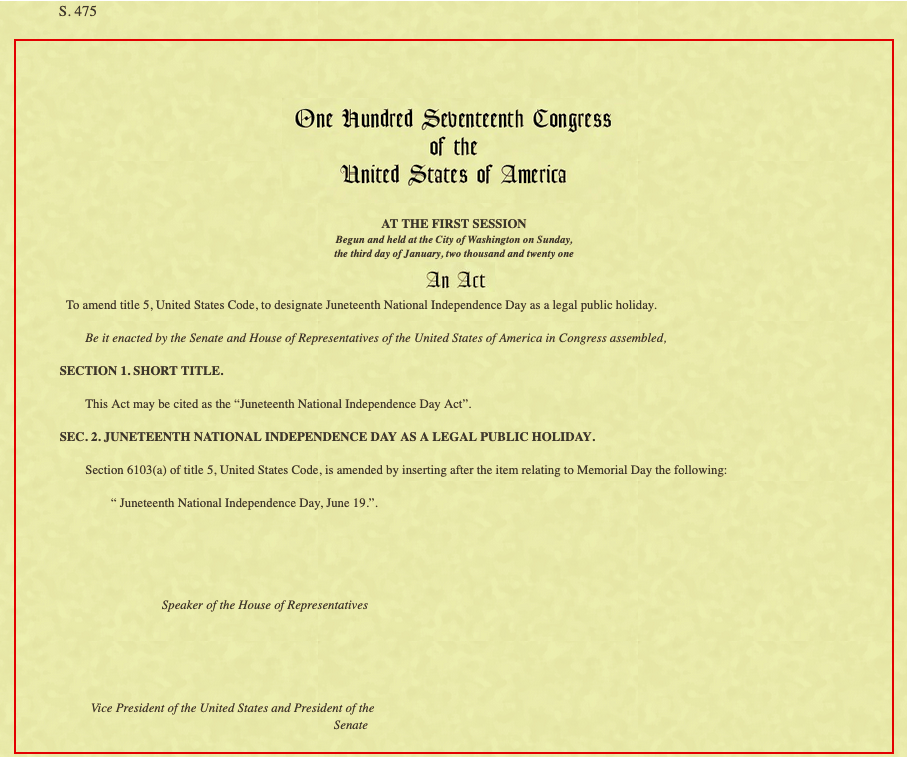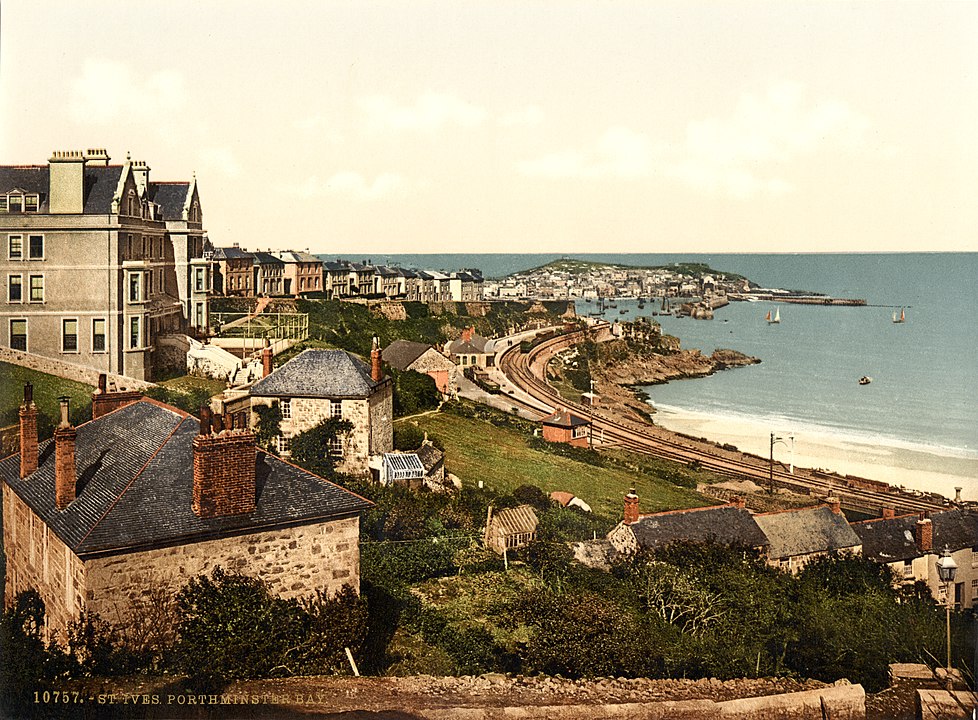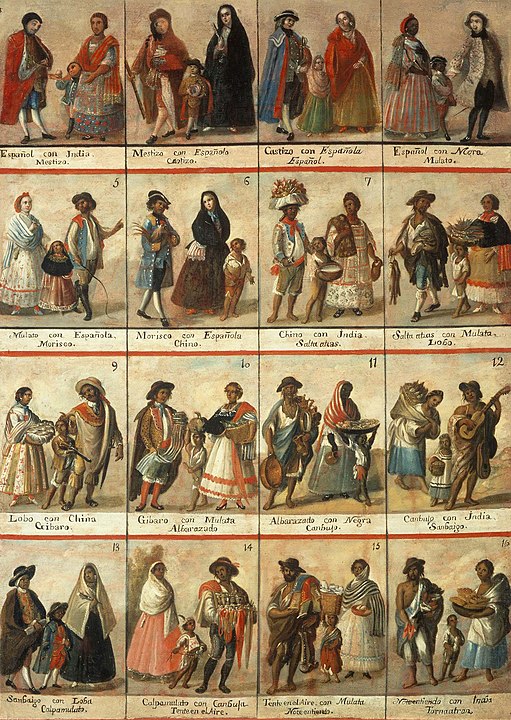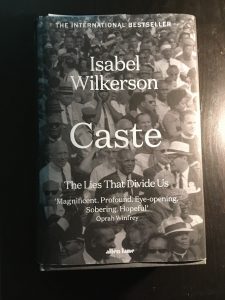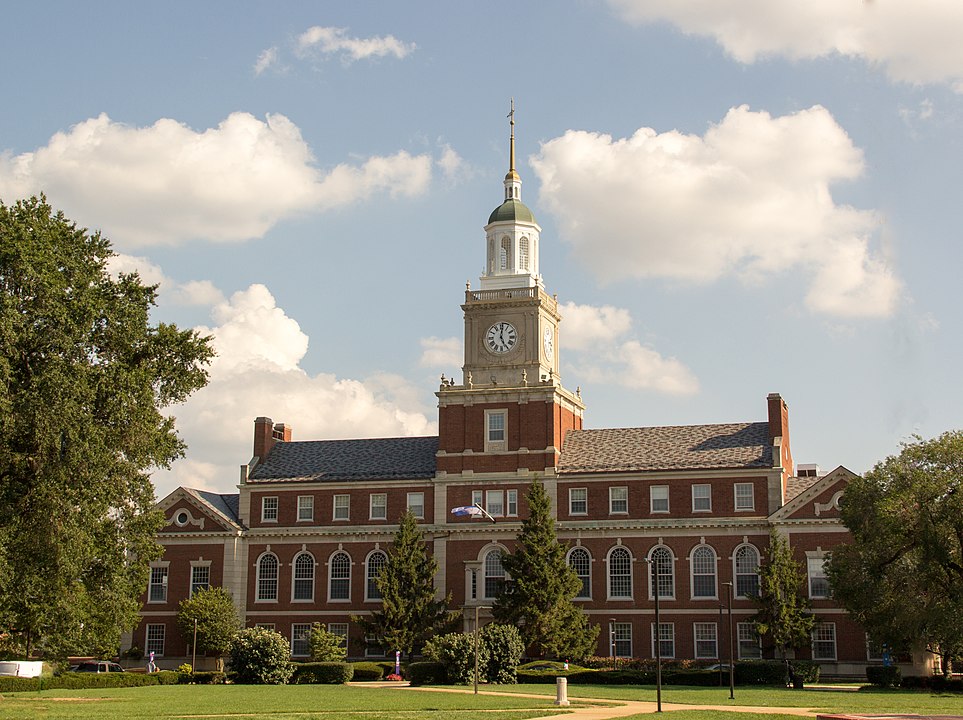Chimamanda Ngozi Adichie: on grief…and then, if that wasn’t enough…!
A couple of weeks ago I caught Chimamanda Ngozi Adichie on BBC Radio Four’s Woman’s Hour (03 June 2021, still online as I write, at about 02:40 in) speaking on her new book Notes on Grief. I see here on the Penguin Random House website that it is only a very slim work and, as I presumed, is an extension of her very fine essay in The New Yorker which I addressed last year. Sadly, Adichie’s grief over the death of her father was not the last she would suffer in this wretched year of reckoning for many; revealed now is the very recent death of her mother. For her, only some consolation in being at home in Nigeria on this latter occasion, and not impeded in sharing the physical near that is as much a part of death as it is life.
With Emma, Adichie wonders aloud; that death should so surprise, so devastate, when it is assured to all and every one of us; that this thing called grief, springing as it does from love, can cause such visceral hurt; of the realization that when grief retreats to the private crevices of memory, the own life left with in its wake is fundamentally other. And, the banality of the “speech” of grief – given and received. This, not so much of the euphemistic as applied often to death, and as brilliantly parodied by Monty Python in the famous dead-parrot sketch, but an act of avoidance, of (not) saying out aloud what can not be said – of confronting the one great absolute.
And, now, for something completely different! But staying with Chimamanda Ngozi Adichie.
Reported on here in The Guardian, and finding resonance through the international media, was Adichie’s furious essay excoriating, specifically, two writers who (she claims) have abused her friendship and/or collegiality and, more generally, an increasingly pretentious and self-absorbed younger generation (too much of a generalization here perhaps) who use social media outlets to pontificate on the latest orthodoxy; using the language of parrots (I can’t believe I’m back with the parrots!) rather than that of personal reflection, denying the complexity of living a life – or lives (and I am not thinking reincarnation! But now I am thinking about attacking the convoluted pronoun argument some time soon!). Suffice to say, Adichie’s piece was met with support by some and scorned by others.
I should add, that this whole fracas has roots in Adichie’s comments on transgender women – in 2017! – that were considered by some to be trans-phobic. (I will not dignify this assertion with the paltry evidence that the offending quote offers.) This mini-kerfuffle escaped my attention then, though I seem to remember Adichie’s voice as one (of reason) in the contentious, never-ending rigmarole surrounding J.K. Rowling and her last Tweet, next Tweet, no tweeting at all. Forgive me, but so ludicrous have some of these identity debates, or rabble rousing under the guise of such, become! No longer are they concerned with respect and kindness, or interested in a fair exchange, instead have everything to do with who is the loudest, who next can be vilified – or better still “cancelled”!

